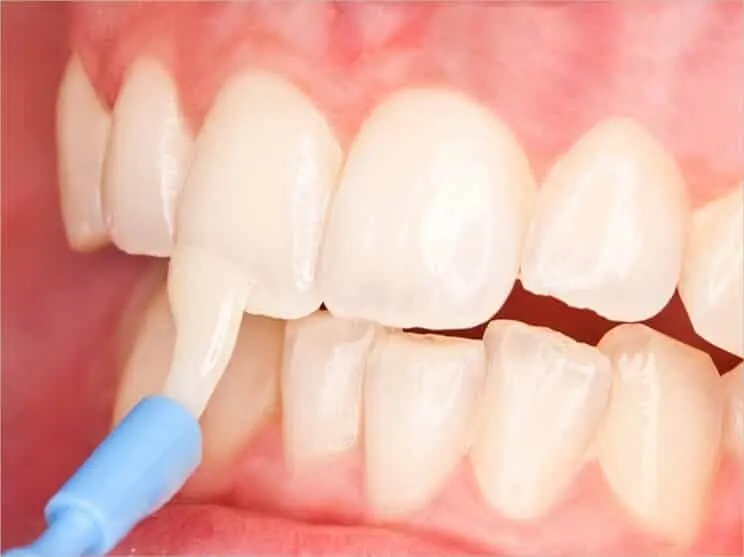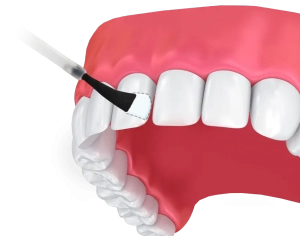When it comes to maintaining optimal dental health, preventive measures play a crucial role. One such preventive treatment offered by South Bay Dentistry is fluoride treatment.
Why Fluoride Treatment?
Fluoride is a mineral that strengthens tooth enamel. It also helps prevent tooth decay. It works by remineralizing the teeth and reversing the early stages of tooth decay. Since fluoride is not always present in sufficient amounts in our daily diet, professional fluoride treatments provide an added layer of protection for our teeth.
South Bay Dentistry’s Approach to Fluoride Treatment
At South Bay Dentistry, we provide the highest quality of care during treatment. South Bay Dentistry’s commitment to preventive dental care is exemplified by its fluoride treatment. By providing professional fluoride treatments, they help patients maintain strong and healthy smiles, ensuring long-term dental wellness.
Benefits of Fluoride Treatment
Below are some of the benefits of fluoride treatment:
- Strengthening tooth enamel
- Reducing the risk of cavities
- Reversing early decay.
If you want to prevent tooth decay, include fluoride treatment in your oral care routine.
Want to know more about fluoride treatments? Consult with our dentists in Gardena now!

Types of Fluoride Treatments
Topical Fluoride Treatments
Topical fluoride treatments are directly applied to the teeth in the form of gels, foams, or varnishes. Topical fluoride treatments are quick, painless, and often performed during regular dental visits. Incorporating these treatments into your oral care routine can significantly contribute to maintaining a healthy smile and preventing dental problems in the long run.
Fluoride Treatment through toothpaste
Another common form of fluoride treatment that most dentists advise is fluoride toothpaste. These kinds of toothpaste have fluoride as a primary content that strengthens tooth enamel and protects against tooth decay. These types of fluoride toothpaste helps to promote remineralization and make them more resistant to acid attacks.
Fluoride Mouthwash Treatment
Fluoride mouthwash is an additional option for delivering fluoride to the teeth. It is swished around the mouth, ensuring contact with all tooth surfaces. When you use fluoride mouthwash regularly, it can provide an extra layer of protection against cavities.
Systemic Fluoride Treatment
Systemic fluoride treatments are another effective method of strengthening teeth & preventing tooth decay. Fluoridated water, fluoride supplements, or fluoride-fortified foods are some of the common types of systemic fluoride treatments.
- Exposed and sensitive root surfaces.
- Frequent sugar and carbohydrate intake.
- Inadequate exposure to fluorides.
- Fair to poor oral hygiene habits.
- Inadequate saliva flow due to medical conditions, medical treatments or medications.
- Recent history of dental decay.


